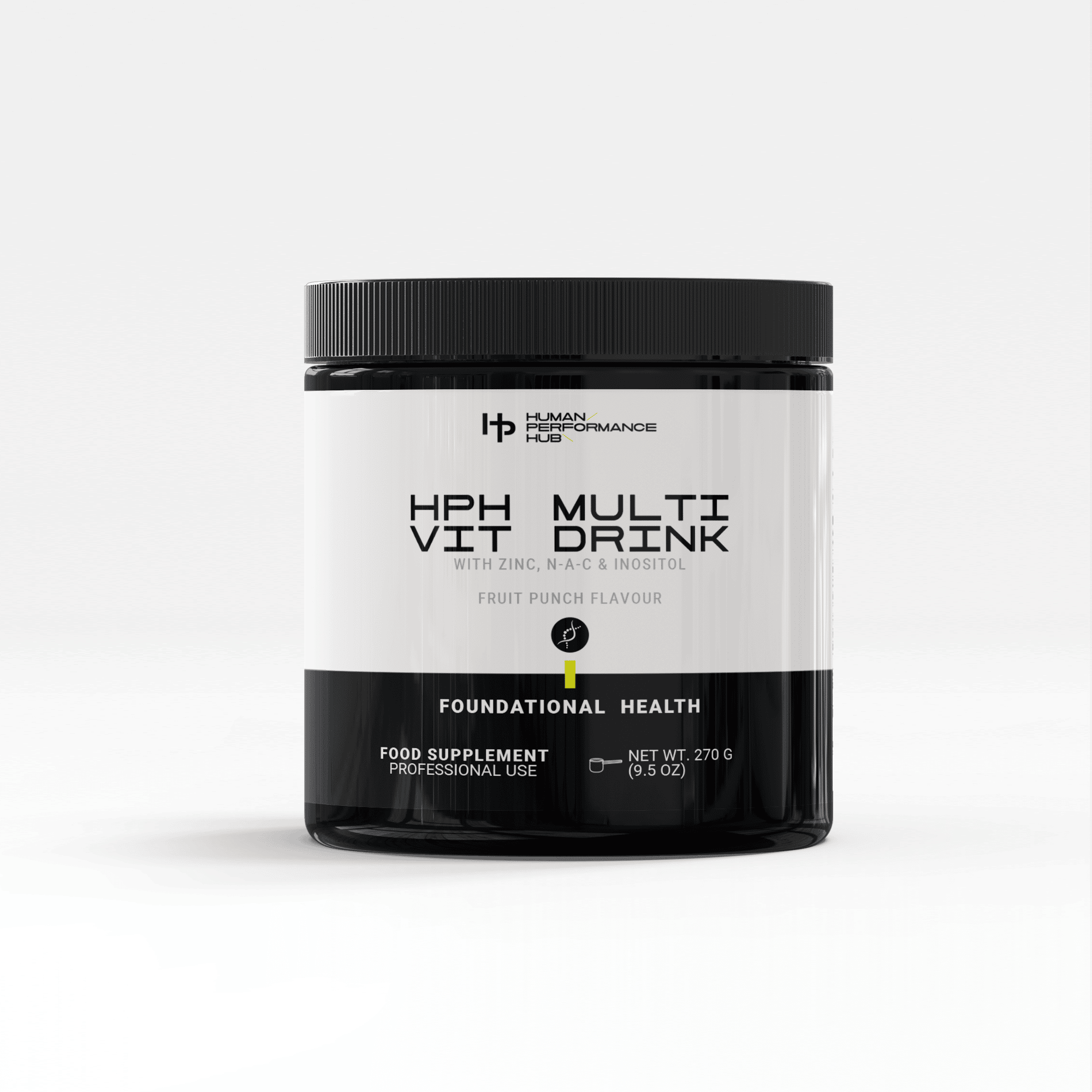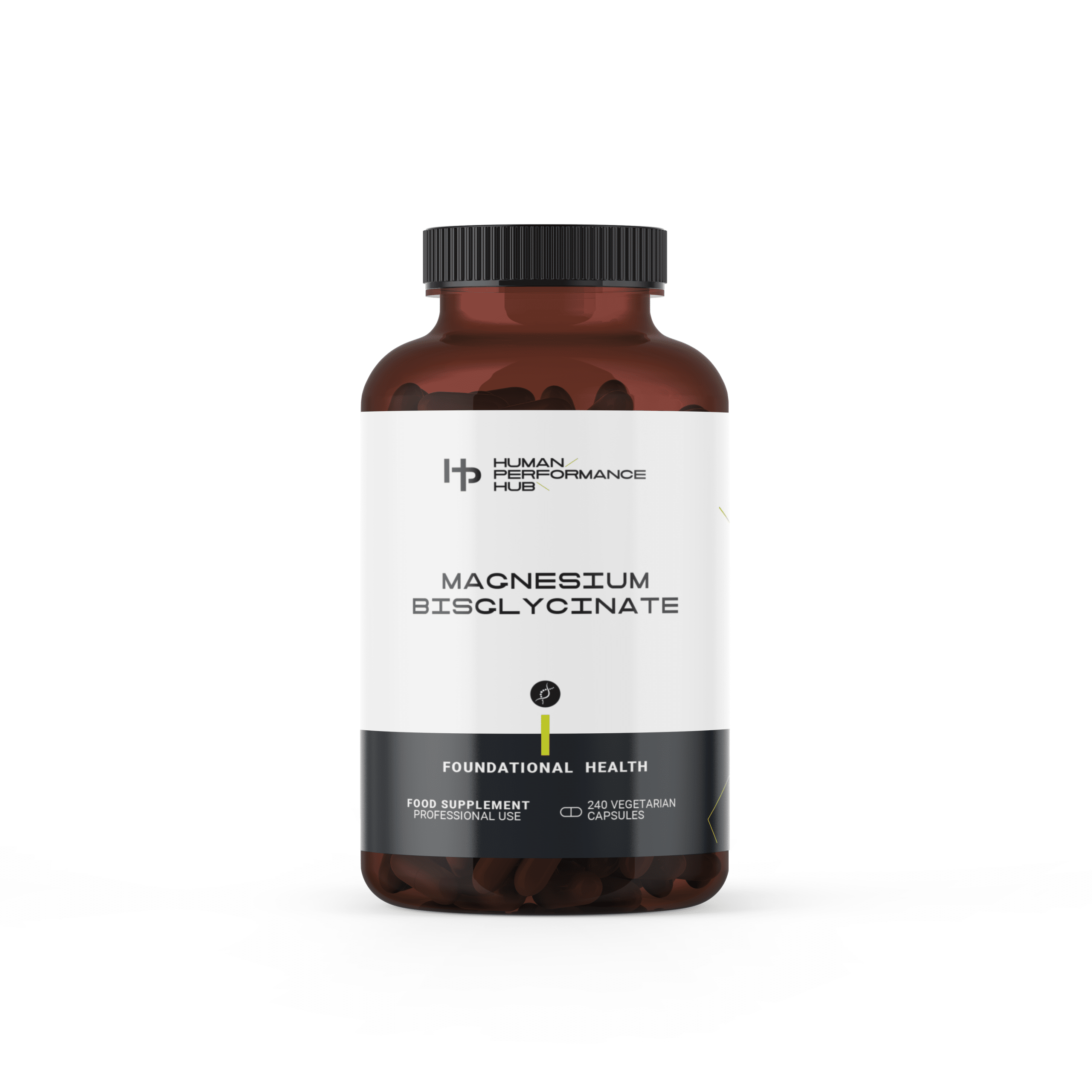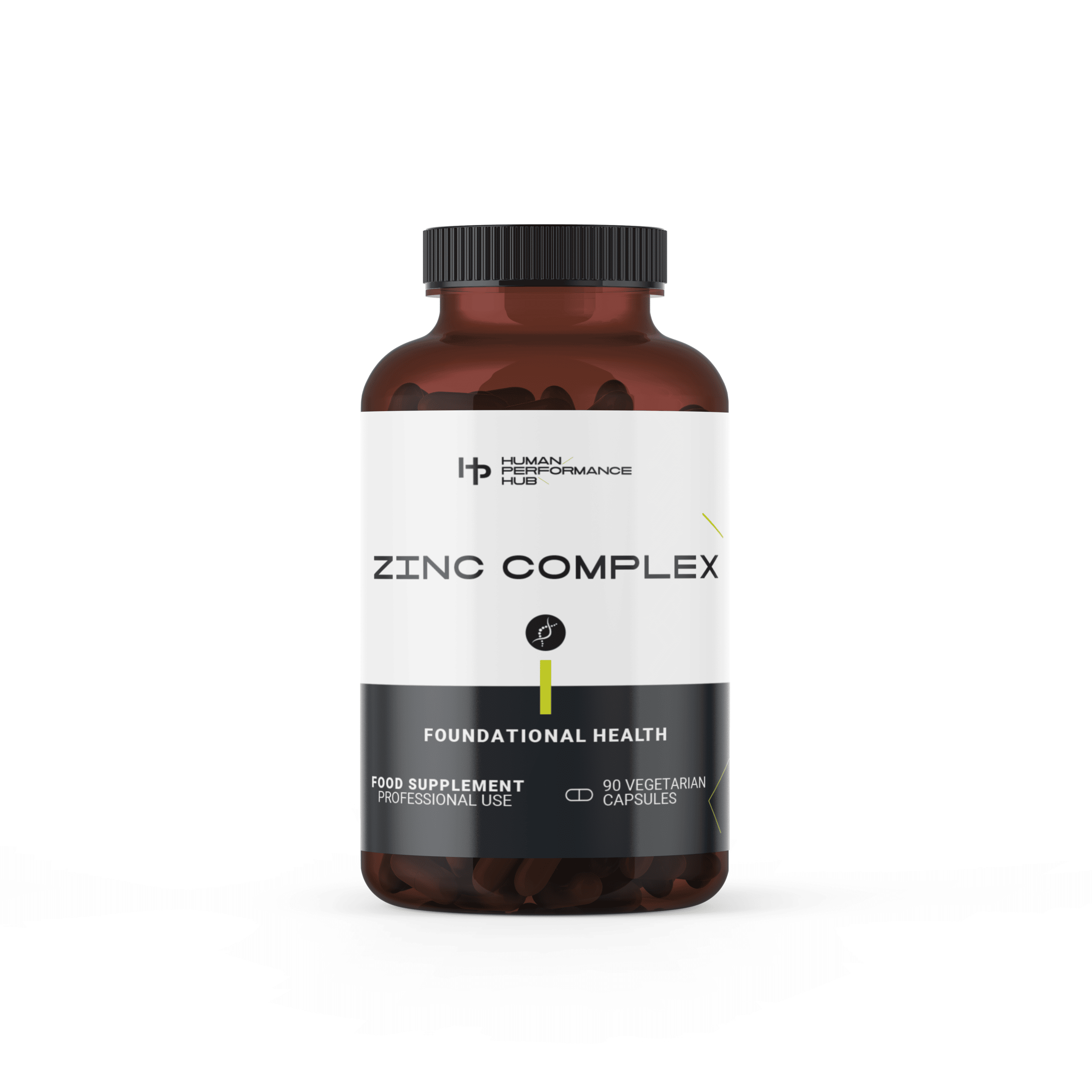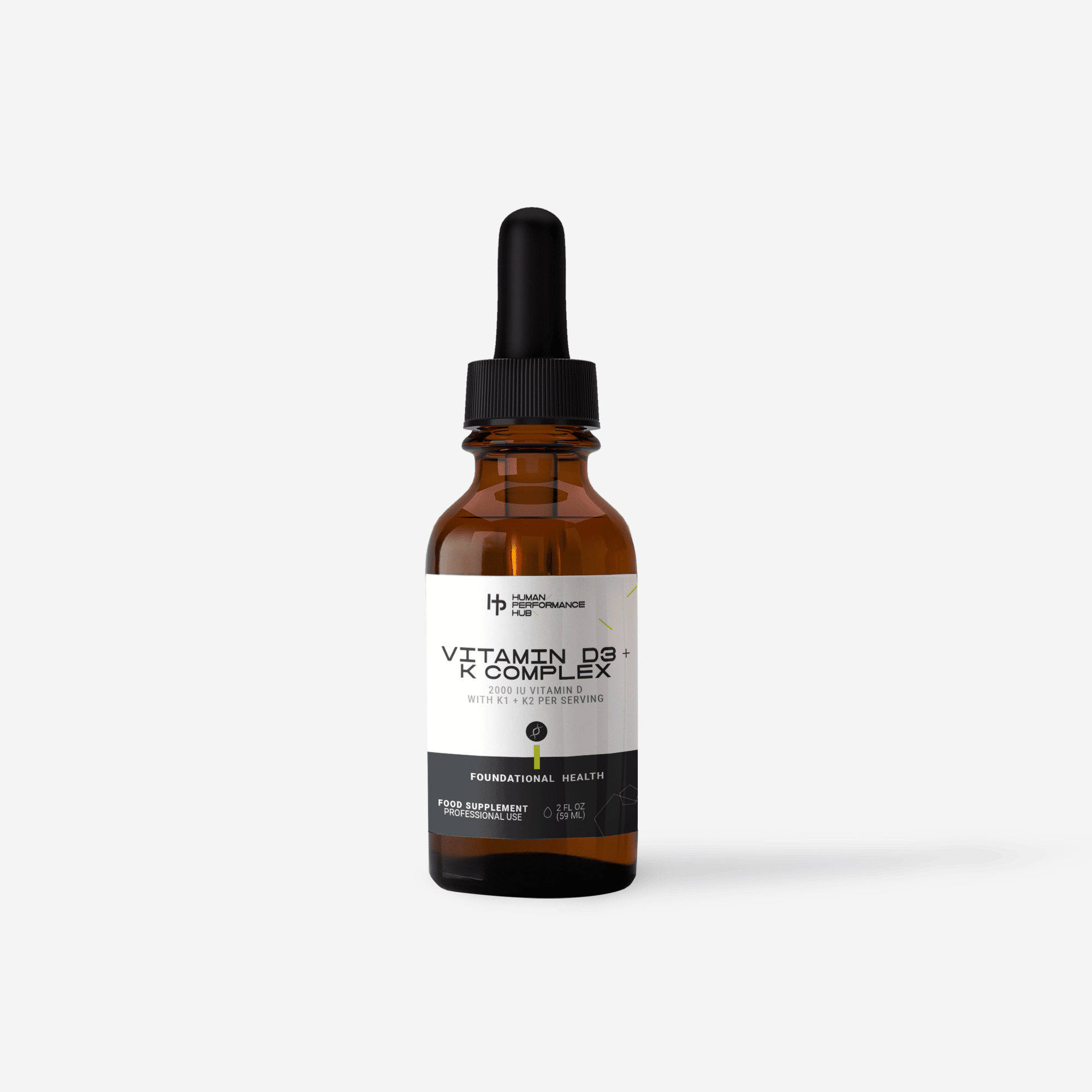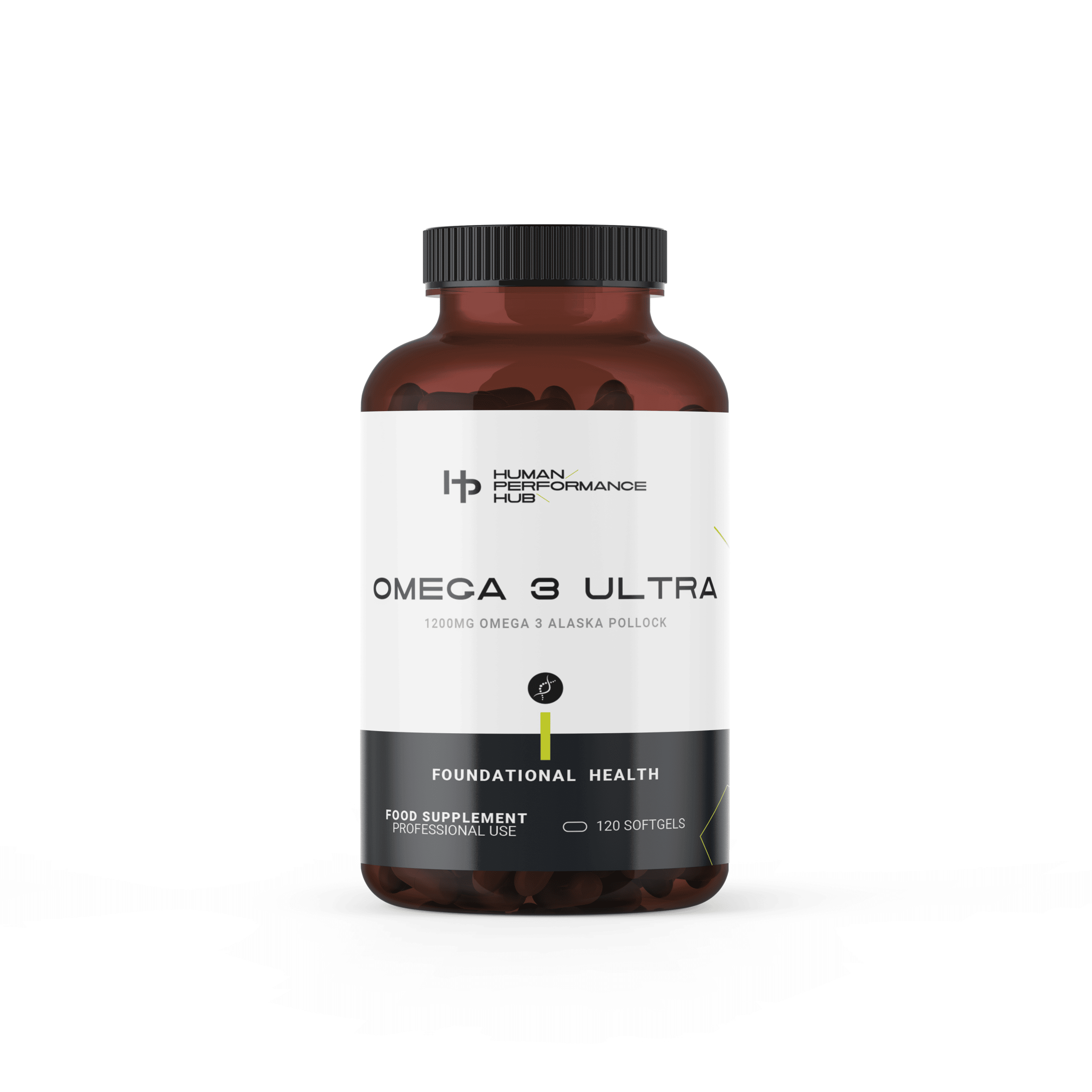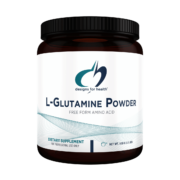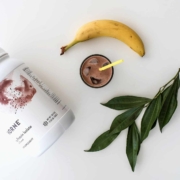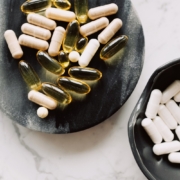There’s a vast array of supplements on the market today and accompanying marketing lingo vowing to save your health. How do you know the claims are real? As a health-conscious consumer, you want to make sure you’re making the right choices.
The first thing that’s important to understand is what nutritional supplements are and are not. Supplements are what they sound like – a supplement to a healthy diet and lifestyle, NOT a replacement for them.
That’s because no supplement will effectively counteract unhealthy lifestyle habits. If you want to feel better, you need to identify and eliminate the reasons for your specific health issues. It might mean avoiding toxins, cleaning up your diet, exercising, or prioritising sleep.
You should be able to measure the benefits like avoiding weight gain, boundless energy, normalised blood sugar, and so on. Once you have healthier habits in place, adding some foundation supplements can propel your health and performance to the next level.
But there’s no point in buying sub-standard supplements you don’t need, and equally, don’t do what they should.
In this article, I’ll discuss why you might need additional supplementation and what to look for in a supplement. Then I’ll recommend foundation supplements to consider adding to your health regime.
Do you need supplements?
If this were 2000 years ago, the answer would be NO – you would not need additional supplementation. However, today it’s a different story because food alone cannot provide the nutrients you need.
Humans evolved by eating foods containing high levels of all essential vitamins, minerals, and fats. Food grew organically in nutrient-rich soils with little exposure to environmental toxicity. Fast forward to modern times where depleted soils and industrial farming means there are far fewer nutrients from the animals and vegetables you eat. (1)
Consider this: In just the last fifty years, the following significant changes have taken place.
1. We see more and more cases of anaemia due to iron and vitamin B12/folate deficiencies, resulting in the body’s inability to produce enough healthy red blood cells.
2. We now eat far more wheat, corn and other grains, as well as soybeans, in the form of processed foods that have displaced, unprocessed carbohydrates, including leafy greens and other vegetables.
3. More than 43% of the average household food budget is spent outside of the home, up just 26% in 1970. (2)
4. Instead of home cooking, we increasingly rely on prepared foods to pop in the microwave, ultra-processed foods full of questionable ingredients, and take out meals. Processed foods are loaded with chemicals, salt, sugar, and harmful fats, as well as lacking in vital nutrients.
5. Many once familiar plants are now grown using petrochemical fertilisers and modified to be more pest resistant, ripen sooner, minimise or eliminate bruising or denting, and to make other changes that increase production and facilitate moving produce long distances. That’s why you find Argentinian blueberries in UK grocery stores in the middle of winter.
6. Our vegetables are not being grown with the aeons-old help of soil bacteria, which have been wiped out by modern farming techniques and biocides. Levels of zinc and magnesium in the soil, essential elements that prevent diabetes and metabolic syndrome, have also dropped significantly. (3)
7. The average person today carries 91 toxic chemicals in their blood and urine, (4) and hundreds of new chemicals come out every year. Over time, the accumulated damage from toxins can have severe effects on your health.
What all this means is that the total burden of environmental toxins, along with poor lifestyle habits like lack of sleep, inadequate diet, and chronic stress leads to higher nutrient needs.
The good news is that your body has the innate ability to heal itself. With support from the right nourishment and better lifestyle practices, you can reverse and prevent many diseases.
How to choose quality supplements?
Many of the supplements flooding the market promise to improve your health but deliver very little because there’s a massive range of quality in supplement ingredients. That’s why it’s crucial to address quality before you gamble with your health (and money) before buying a supplement.
Here are three essential questions to ask when choosing supplements:
Does your supplement contain the ingredients on the label?
You want to make sure your supplement contains what it says it does so that it does what it should. Unfortunately, many labels are misleading – they may contain unnecessary ingredients or not even include what appears on the labels.
For the BBC show Trust Me I’m a Doctor, researchers from the University College London School of Pharmacy analysed ingredients of several types of popular herbal food supplements. Results showed that many of the products tested did not contain ingredients listed on their labels. For example, of 30 products labelled “Ginkgo”, eight had little or no ginkgo extract (27%). (5)
Any credible supplement company will list all active and inactive ingredients. If the info isn’t there, you should be able to reach the company and obtain the information.
Good Manufacturing Practices (GMPs) set out by the Food and Drug Administration (FDA) help ensure the purity, strength, quality, consistency, and accuracy of supplement ingredients. We only use companies that follow the standards of GMPs.
Is your supplement free from toxins?
Some supplements contain toxins that can cause more harm than good in your body. Dangerous ingredients include artificial colours, fillers, lead, mercury, and PCBs. For example, heavy metals, which can cause cancer, dementia, brittle bones and other health issues, contaminate many supplements. (4)
One study of 121 products revealed 5% exceeded the safe daily consumption limit for arsenic, 2% had excess lead, cadmium and aluminium, and 1% had too much mercury. (6) Another study by Consumer Reports showed 1/3 of the fish oils tested had high PCB levels. (7)
Don’t gamble with your health. Choose a supplement that has been meticulously tested for toxic solvents and heavy metals. Organic, non-GMO high-quality ingredients are always better for your body.
Can your supplement be easily absorbed?
The absorption rates (or bioavailability) can vary widely among different supplements. Absorption rates determine how quickly your body can absorb the nutrients, vitamins, and minerals so they can do their intended job.
Supplements must be able to break down when they are proposed to break down, in the stomach, the large or small intestine.
For example, magnesium oxide is a small molecule that easily passes through the body without being absorbed. Many cheaper multivitamins use this form of magnesium to save cost.
One of the UK’s biggest-selling multivitamins is so tightly packed and coated, making it impossible to digest. X-rays show the supplement still in the stomach after several hours after consumption instead of absorbed in the body.
Recommended foundation supplements
Without sufficient nutrition, you cannot achieve optimum health. And without supplements to make up for the lack of vital nutrients in your food today, it’s near impossible to achieve.
That’s why, at the very least, you should consider these five foundation supplements. In my experience, the majority of clients I work with are chronically deficient in these essential nutrients and also greatly benefit from taking multivitamins.
1. Multivitamin
I’m a big believer in supplying a base of macronutrients, which is why a multivitamin is the base supplement for all my clients. I strongly recommend a daily multivitamin become part of your supplement plan. As well as plugging a nutrient gap and helping your body detoxify, multivitamins help facilitate the efficient running of all your body’s various functions.
Human Performance Hub Multivitamin drink
2. Magnesium
Magnesium is an essential nutrient that is vital to every organ in your body, including the heart, muscles, kidneys and bones. It’s crucial for optimal progress in training and in everyday life as it’s necessary for more than 300 essential metabolic functions.
However, even healthy, organic foods tend to have lower levels of magnesium than your body needs. Research shows upwards of half the people hospitalised for any reason are clinically deficient in magnesium. (9)
Magnesium comes in many forms for slightly different goals. Magnesium Bisglycinate is one of the products I give to every single one of my clients at one point.
3. Zinc
Zinc plays a vital role in more than 300 critical, chemical reactions in your body including immune function, growth and development, brain health, mood and sleep, eye and skin health, and hormone production.
Zinc appears in cells throughout your body. Zinc is also hard to absorb. Not getting enough zinc can lead to serious side effects, severely impairing the immune system function and other health problems.
The only way to get the zinc your body needs is through food and supplementation.
Our Zinc complex has a combination of nutrients such as vitamin B6 and taurine to provide superior results.
4. Vitamin D
Vitamin D is a hormone produced from cholesterol from sun exposure on your skin. That’s why vitamin D gets its name as “the sunshine vitamin”. However, sun exposure rarely provides adequate vitamin D, making it necessary to get it from supplements or diet.
Unfortunately, only a handful of foods contain significant amounts of this crucial vitamin. Vitamin D deficiency is so widespread that I highly recommend taking a Vitamin D supplement year-round.
Our Vitamin D3 + K complex Highly bioavailable liquid vitamin D formulation offers 2000 IU per 1 mL (one full dropper) along with 250 mcg of vitamin K1 and 25 mcg of vitamin K2. This is a convenient, pleasant-tasting and easily mixable formula.
5. Fish oil
Fish oil provides essential fats, which are those the body can’t produce on its own. The most important active ingredients are Omega-3 fats containing EPA (eicosapentaenoic acid) and DHA (docosahexaenoic acid). EPA has high anti-inflammatory properties, and DHA is especially suitable for brain health.
Quality is paramount when it comes to fish oil. Fish oils should be in a high-quality triglyceride form rather than ethyl ester for improved bioavailability, sustainably sourced with proper processing and storage, and tested for toxins.
Human Performance Hub only stock the very best!
Alaska Pollock 1200mg Omega 3
Takeaway
It is the combination of healthy lifestyle habits, proper diet, and nutritional supplements that can elevate your health and performance. Supplements are part of achieving success. Our need for micronutrients, such as vitamins and minerals, depends on several factors, one of which is our stress levels.
We are approximately 100 times more stressed than our grandparents ever were. According to stress experts, the increased stressors today include the internet, cell phones, heavy traffic, travel alarm clocks, lack of sleep, not enough time to eat, low quality food, and all kinds of environmental toxins.
As such, our need for micronutrients is higher than ever before. My clients’ blood tests confirm this phenomenon. Doctors are often pleasantly surprised when they compare the readings of my clients, who take supplements, with those of their other patients.
But don’t waste your money on supplements that won’t work and could have adverse effects on your health. Read the labels and make sure you buy quality first.
Human Performance Hub only carries world-class brands that are pharmaceutical grade and have:
- High-quality ingredients in the stated doses
- The right balance of nutrients
- High absorption and bioavailability
- No solvents and heavy metals
Related articles
- Zinc and magnesium essentials
- The all amazing vitamin D
- Benefits of fish oil
- Foundation supplementation – multivitamins
Consultations
We’re always here to help. If you have any questions or would like advice about supplements, nutrition, or training, please book in for a consultation.
Disclaimer
Always speak with your physician or other healthcare professionals before making any nutritional & lifestyle changes or before taking any nutritional supplement. For more information, please view our terms & conditions.
References
- Dirt Poor: Have Fruits and Vegetables Become Less Nutritious?
- BMC Evolutionary biology 13:198
- Chaterjee et al 2007. Abell1-like gen of a potato is light-activated and wound inducible. Plant Physiology 145(4): 1435-1443.
- The Capacity of Toxic Agents to Compromise the Immune System (Biologic Markers of Immunosuppression) – Biologic Markers in Immunotoxicology
- Trust Me, I’m a Doctor, Series 3, Episode 1 – Do herbal supplements contain what they say on the label?
- Toxic Element Contamination of Natural Health Products and Pharmaceutical Preparations
- Some Fish Oil Supplements Fishy on Quality
- Toxicity, mechanism and health effects of some heavy metals
- Review: Subclinical magnesium deficiency: a principal driver of cardiovascular disease and a public health crisis


